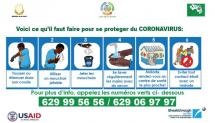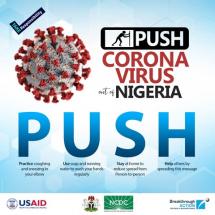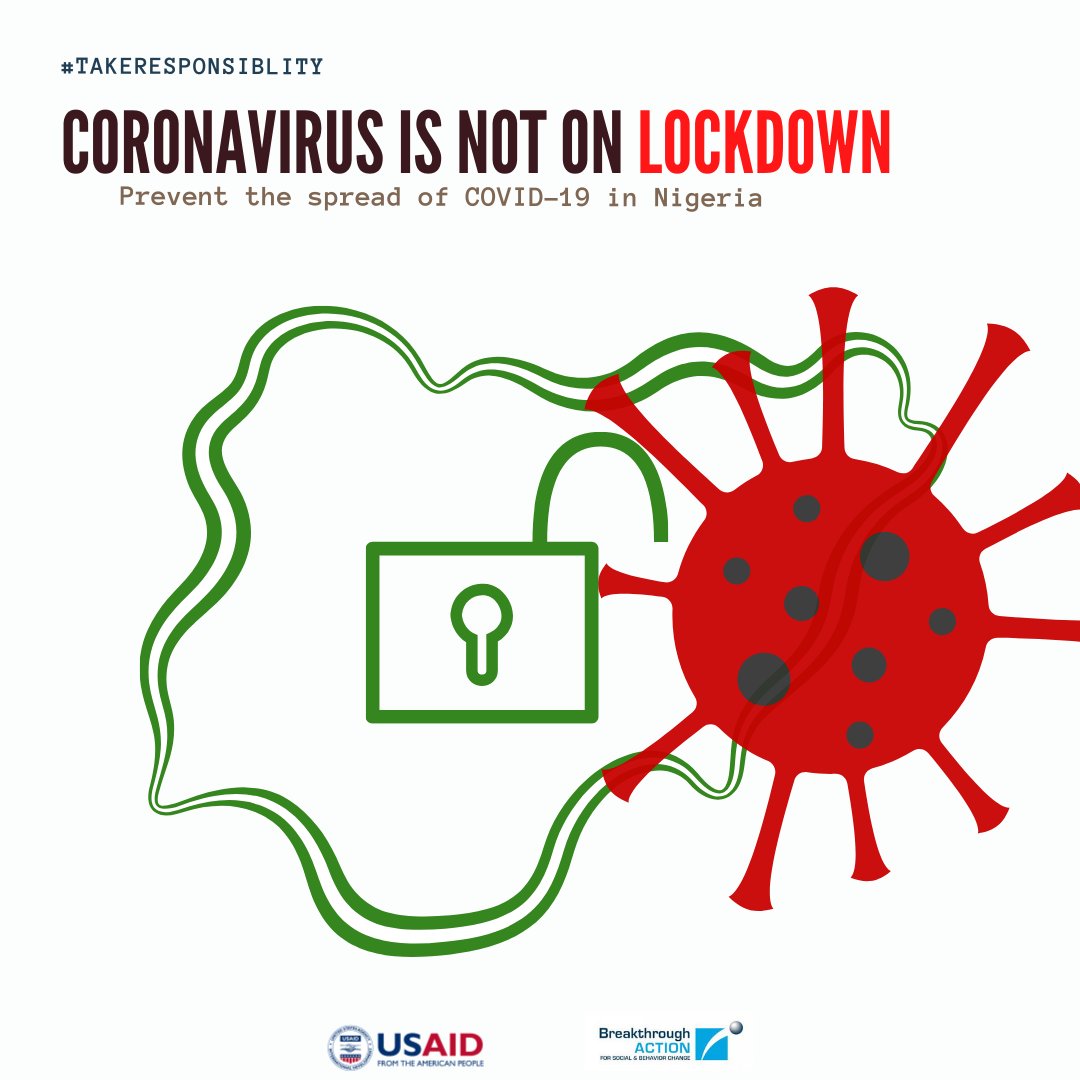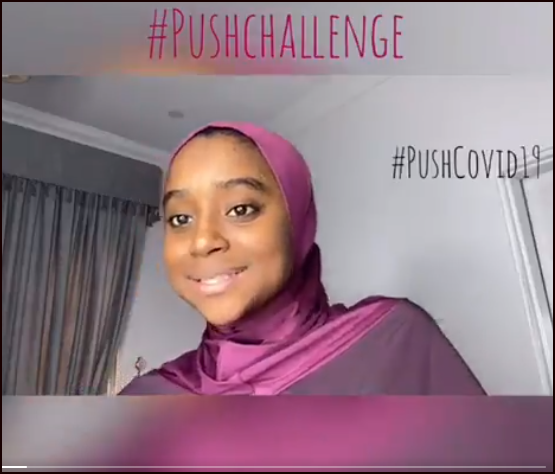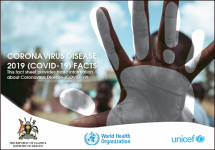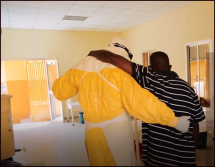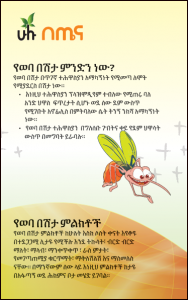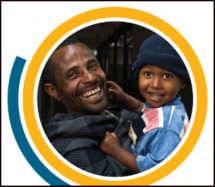Breakthrough ACTION COVID-19 Guinea
Materials can be found here
Source: Breakthrough ACTION/Johns Hopkins Center for Communication Programs
Date of Publication: June 9, 2020
SIMILIAR RESOURCES
Tools
Examples
- Communication sur le COVID-19
- COVID-19 Communication Materials for the Americas
- Ajustement à bases factuelles des mesures de santé publique et des mesures sociales / Evidence-based Adjustment of Public Health and Social Measures
- Renforcement des capacités de communication en période de crise pour améliorer la sécurité sanitaire mondiale
- Communication des Risques - Public, Message et Canal
- Introduction a la Communication de Risque en cas d'Urgence de Sante Publique
- Boîte à d'outils pour la prise de décision
- Advocating for Social and Behavior Change in Family Planning Programs: A Message Framework
- Guidance on Social and Behavior Change for Family Planning During COVID-19
- Translators without Borders Glossary for COVID-19

